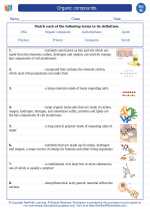Topic: Heterotrophic
Heterotrophic organisms are those that cannot produce their own food and must obtain organic compounds and nutrients from other organisms. This mode of nutrition is in contrast to autotrophic organisms, which can produce their own food through processes like photosynthesis.
Types of Heterotrophs:
- Herbivores: These organisms obtain energy by consuming plants and plant-derived materials.
- Carnivores: Carnivores obtain energy by consuming other animals.
- Omnivores: These organisms have a diet that includes both plants and animals.
- Detritivores: Detritivores obtain nutrients by consuming decomposing organic matter.
- Parasites: Parasitic organisms live on or in a host organism and obtain nutrients at the host's expense.
Role in Ecosystems:
Heterotrophs play a crucial role in the transfer of energy and nutrients through food webs and ecosystems. They are responsible for breaking down and recycling organic matter, which contributes to the overall balance of nutrients and energy flow within an ecosystem.
Study Guide:
When studying the concept of heterotrophic nutrition, it is important to understand the various types of heterotrophs and their roles in ecosystems. Additionally, consider the following key points:
- How do heterotrophs obtain energy and nutrients?
- What are the different types of heterotrophs, and what do they consume?
- How do heterotrophs contribute to the flow of energy and nutrients in ecosystems?
- Compare and contrast heterotrophic and autotrophic nutrition.
Understanding heterotrophic nutrition is essential for comprehending the dynamics of ecological systems and the interconnectedness of organisms within these systems.
.◂Science Worksheets and Study Guides Eighth Grade. Organic compounds
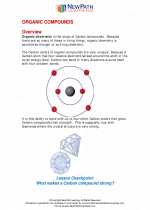
 Worksheet/Answer key
Worksheet/Answer key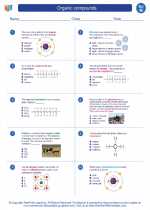
 Worksheet/Answer key
Worksheet/Answer key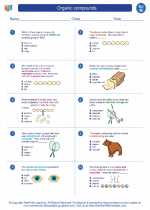
 Worksheet/Answer key
Worksheet/Answer key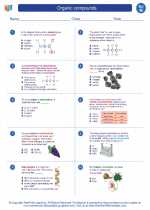
 Vocabulary/Answer key
Vocabulary/Answer key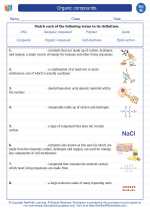
 Vocabulary/Answer key
Vocabulary/Answer key